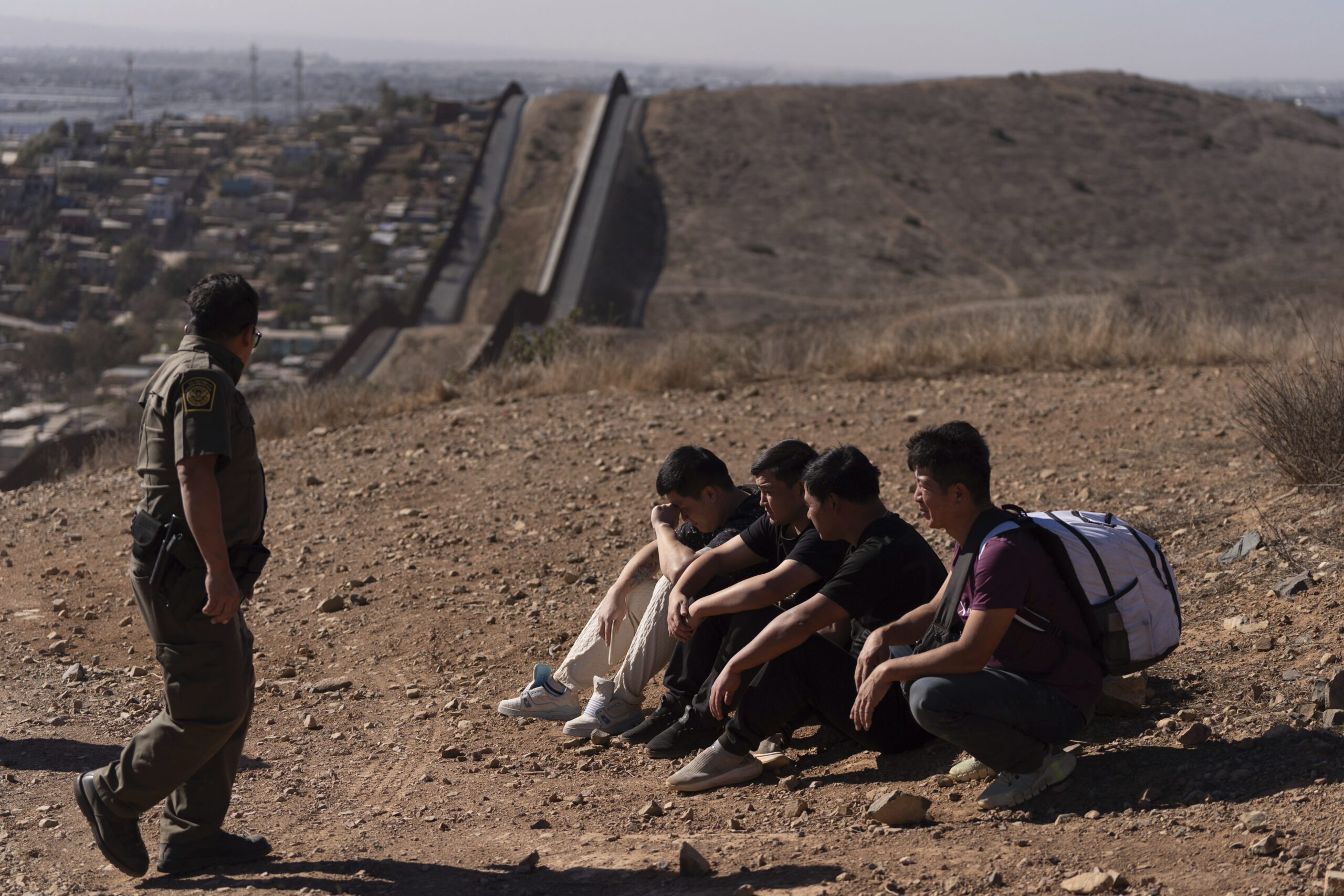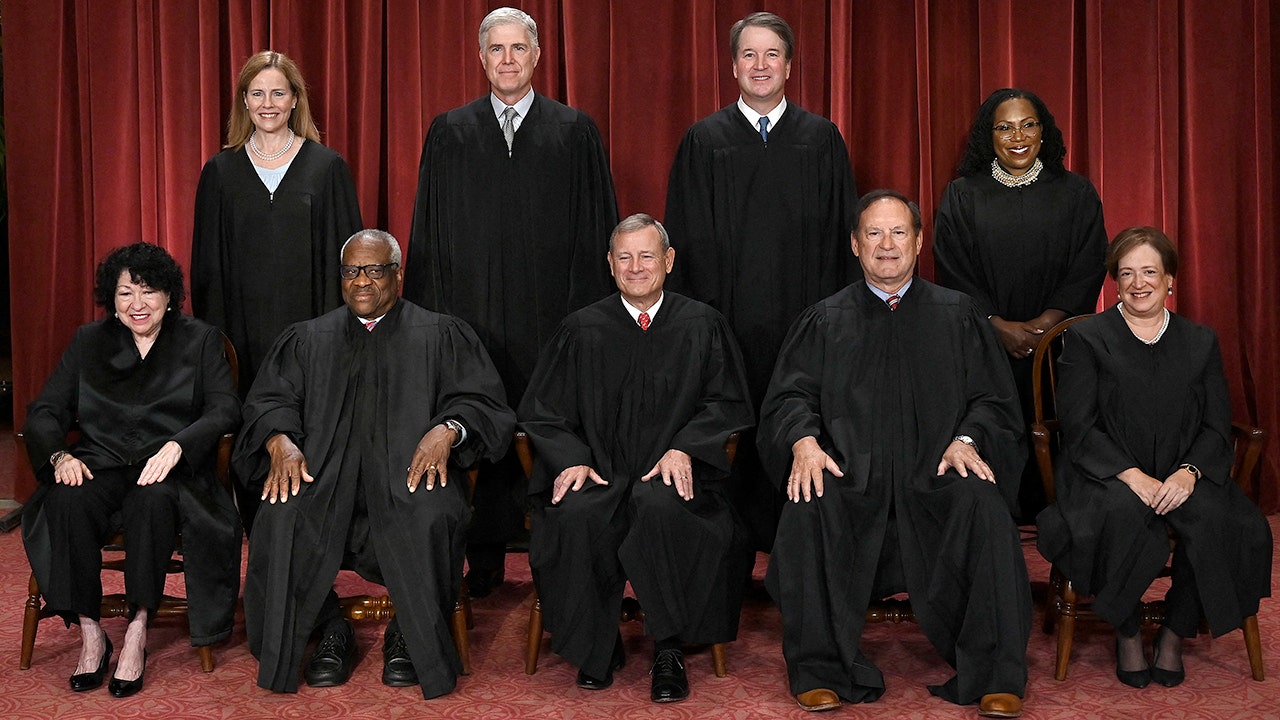Supreme Court to Review Legality of Trump-Era Border Asylum Policy
The Supreme Court will review challenges to the Trump-era "metering" policy, limiting asylum processing at the US-Mexico border, despite President Biden's rescission.
Overview
- The Supreme Court is set to review the legality of the Trump administration's "metering" policy, which limited the processing of asylum claims at the U.S.-Mexico border.
- The Ninth Circuit Court ruled asylum seekers on the Mexican side can still apply for US asylum, a decision the Supreme Court will now review.
- President Trump's 2018 "metering" policy, which turned away asylum seekers, was ruled by lower courts to violate federal law and asylum seekers' rights.
- President Biden formally rescinded the metering policy, but the Supreme Court will still examine the government's authority over asylum processing and border management.
- The administration argues lower court decisions hinder DHS's ability to control asylum seeker processing during border surges, prompting the Supreme Court hearing.
Report issue

Read both sides in 5 minutes each day
Analysis
Center-leaning sources cover this story neutrally, focusing on factual reporting of the Supreme Court's decision to review the 'metering' policy. They provide historical context, legal challenges, and the Justice Department's rationale without employing loaded language or prioritizing specific viewpoints. The coverage explains the policy's evolution and the asylum process objectively.
Articles (10)
Center (2)
FAQ
The 'metering' policy was a Trump administration practice that limited the number of asylum seekers processed at ports of entry along the U.S.-Mexico border by physically blocking them from applying for asylum, effectively turning them back to Mexico.
Although President Biden formally rescinded the policy, the Supreme Court will review challenges to it because the administration argues that lower court decisions undermining the policy restrict the Department of Homeland Security's ability to manage asylum seeker processing and border control during surges.
The Ninth Circuit ruled that asylum seekers stranded on the Mexican side of the border have a legal right to apply for U.S. asylum, declaring the government's 'metering' or turnback policy unlawful because it prevented asylum seekers from applying for protection at ports of entry.
The policy stranded vulnerable families, children, and adults in dangerous conditions on the Mexican side of the border, where they faced risks including violent assault, kidnapping, and death, as they were prevented from seeking protection in the U.S.
Several organizations serve as co-counsel challenging the policy, including the American Immigration Council, the Center for Gender & Refugee Studies (CGRS), the Center for Constitutional Rights, Democracy Forward, and the Institute for Constitutional Advocacy and Protection.
History
- 20h

 5 articles
5 articles







